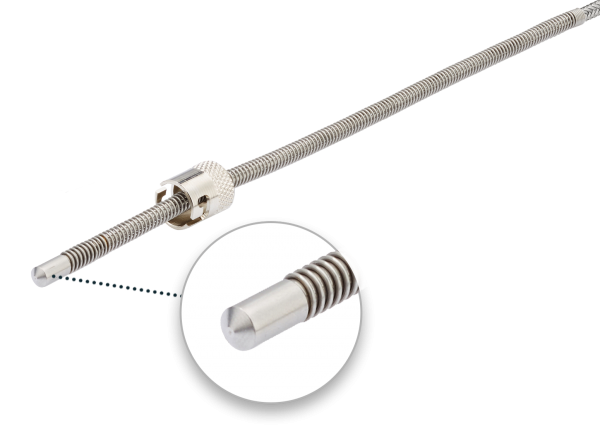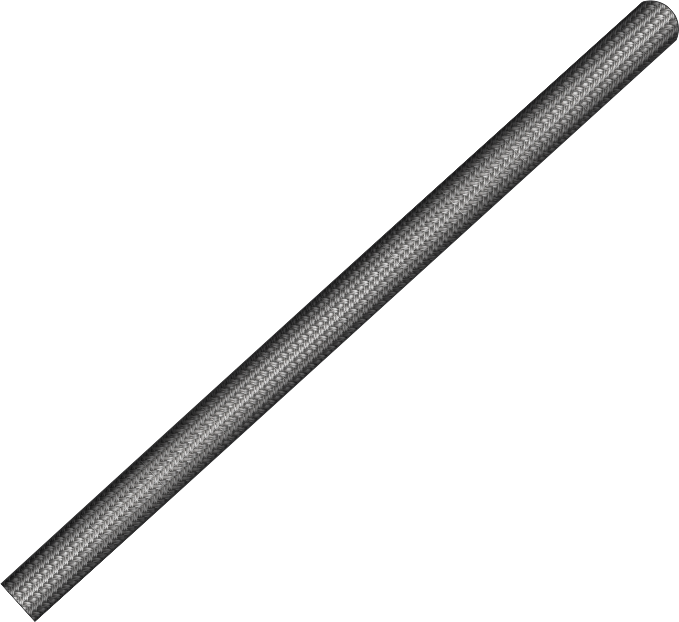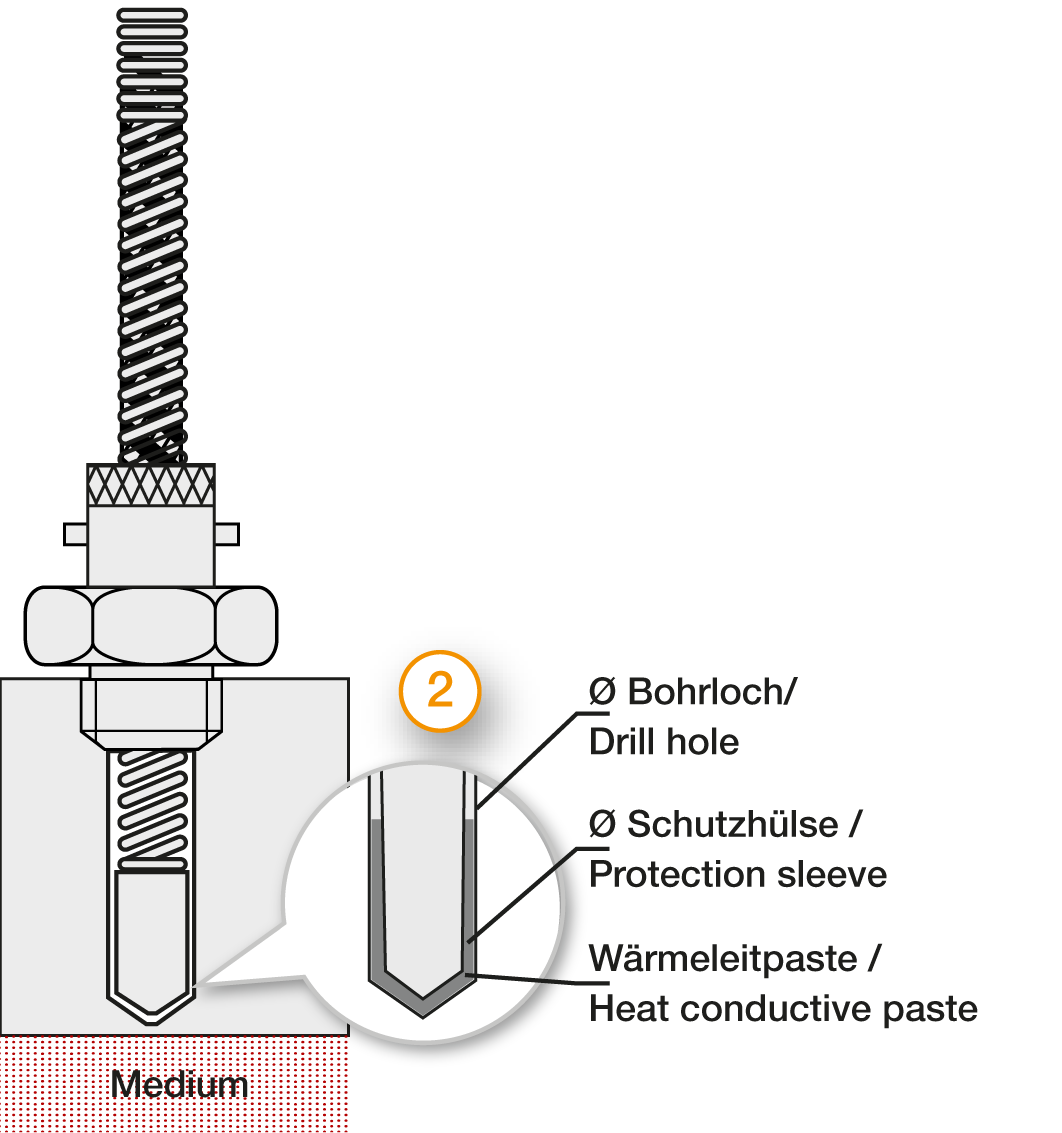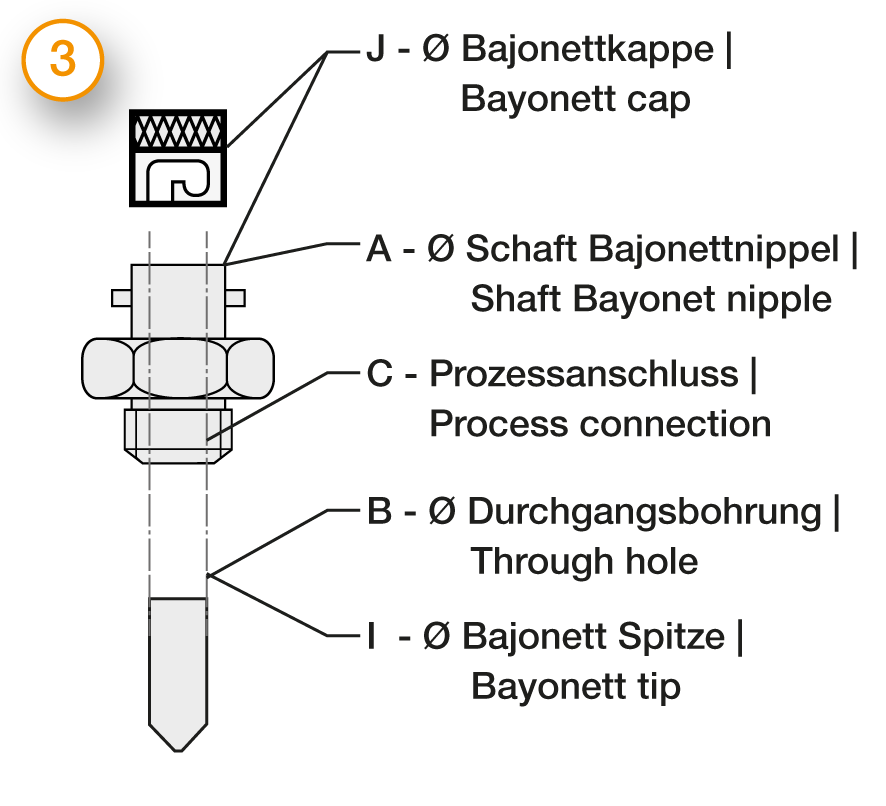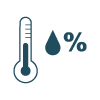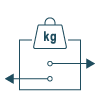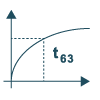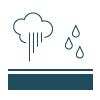Bayonet probe with conical measuring tip
Prices plus VAT plus shipping costs of 4,95 € to GER (incl. VAT)
Delivery time 5 Workdays to BE, AT, NL (GER -1 workdays)
Bitte prüfen Sie, welches Messelement (Thermistortyp oder Pt) für Ihre Anwendung der Passende ist. Wichtige Informationen zum Messelement entnehmen Sie bitte den Kennlinien und Datenblättern. Diese finden Sie in der Langbeschreibung oder in unserem Download-Bereich.







Bei Zwei-Leiter-Schaltungen addiert sich der Eigenwiderstand der Anschlussleitung zum Widerstandswert des Messwiderstands (Thermistor oder Pt) und verfälscht somit das Messergebnis. Ist der Widerstandswert des Messwiderstands groß gegenüber dem Eigenwiderstand der Anschlussleitung, so kann dieser Eigenwiderstand vernachlässigt werden. Bei Messwiderständen mit geringerem Widerstandswert (z.B. PT100), kann der Leitungseigenwiderstand die Messgenauigkeit jedoch signifikant verringern. Aus diesem Grund empfehlen wir die Zwei-Leiter-Technik in Verbindung mit kleinohmigen Messwiderständen nur dann, wenn Sie vergleichsweise kurze Anschlussleitungen, also kleinohmige Anschlussleitungen, verwenden können.
Für Applikationen, die eine sehr genaue Temperaturmessung erfordern, empfehlen wir Ihnen eine Drei- oder sogar Vier-Leiterschaltung zu verwenden.
Bei der Dreileiter-Schaltung wird der Leitungswiderstand jeder der drei angeschlossenen Leitungen mit Hilfe der dritten angeschlossenen Leitung ermittelt (alle Anschlussdrähte müssen exakt gleich lang sein) und anschließend vom gemessenen Gesamtwiderstand (Messwiderstand+Leitungswiderstand) abgezogen werden, so dass effektiv nur der Widerstandswert des Messwiderstands für die Temperaturbestimmung verwendet wird. Diese Subtraktion kann beispielsweise in der Messelelektronik automatisch durchgeführt werden.
Die sicherste und genaueste Messung erreichen Sie mit Hilfe einer Vierleiter-Schaltung. Hier wird auf jeder Seite des Messwiderstands eine zusätzliche Leitung angeschlossen. Zwei Leitungen dienen der Spannungsversorgung, die zwei anderen werden verwendet, um den Leitungswiderstand (ggf. auch asymmetrisch, also auch bei unterschiedlich langen Anschlussdrähtchen) zu ermitteln und vom Messwiderstandswert abzuziehen. Diese Subtraktion kann beispielsweise in der Messelelektronik automatisch durchgeführt werden.



Bitte stellen Sie sicher, dass die technischen Daten der Anschlussleitung, insbesondere hinsichtlich Temperatur und IP-Schutzklasse, zu Ihrer Applikation passen. Detailierte Informationen finden Sie in unseren Datenblättern.
Temperaturbereiche unserer Leitungen:
Glasseide: -50 °C bis +400 °C



Bei sehr langen Anschlussleitungen beachten Sie bitte den Einfluss des Eigenwiderstandswerts der Leitung auf die Messgenauigkeit. Für Fühler mit Pt-Messelementen empfehlen wir in diesem Fall den Einsatz einer Drei- oder Vierleiterschaltung.































| A - Measuring element: | ||
| B - Connection Type: | ||
| E - Material connection cable: | ||
| F - Length connection cable: | ||
| G - Connector: | ||
| I - Diameter bayonet tip: | ||
| J - Diameter bayonet cap: | ||
| Quantity: |
- Order number: 802211-1011





Advantages
- We are ready to deliver: All information here
- Advice directly from experts
- Quality directly from the manufacturer
- Long-term stable temperature probes over years
- B2B customers welcome: All information here
Our employee will be happy to help you:
Julian Mäntele
Tel.: +49 (0)7653 96 59 771
E-Mail: jmaentele@testo-sensor.de

